War and humanitarianism, medicine and public health, rights and justice... Discover CRASH publications sorted by themes.
The fact that CRASH publications are written from an aid practitioner's, rather than researcher's, perspective, does not exempt them from the demands of rigorous research methods. We try hard at this, with the help of (volunteer) research professionals. The publications are not the MSF party line, but rather tools for reflexion based on MSF's framework and experience. They have only one purpose: to help us better understand what we are doing. Criticisms, comments and suggestions are more than welcome - they are expected.
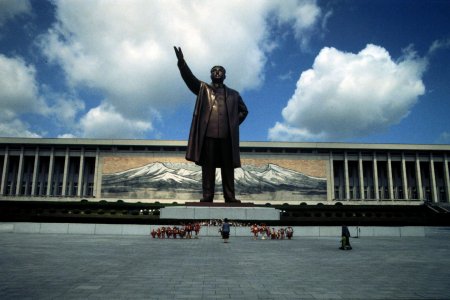 PETER VAN QUAILLE
Speaking Out Case Studies
PETER VAN QUAILLE
Speaking Out Case Studies
MSF and North Korea 1995-1998
10/01/2014The 'MSF in North Korea 1995-1998’ case study is describing the constraints and dilemmas that led Médecins Sans Frontières to speak out publicly while its teams were trying to bring assistance to the North Korean population on its territory between 1995 and 1998 and to the North Korean refugees in Asia in the following years.
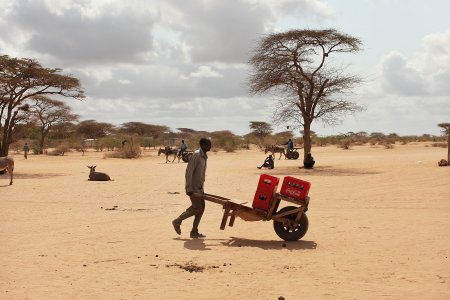 Spencer Platt
Analysis
Spencer Platt
Analysis
MSF and the aid system: choosing not to choose
07/03/2014We often hear it said within MSF that the aid system is unable to provide effective relief, or that the aid system’s ability to provide aid is in decline. These statements, which suggest that MSF is itself outside the "system", are based on the very real number of people in relief operations who need help but do not receive it, or do not receive enough of it.
 R. Chalasani
Speaking Out Case Studies
R. Chalasani
Speaking Out Case Studies
Violence against Kosovar Albanians NATO’s intervention 1998-1999
06/23/2014This case study describes the constraints and dilemmas facing Médecins Sans Frontières teams that witnessed a process of terror and expulsion which they described as the ‘deportation' of Kosovar Albanians by Serb forces.
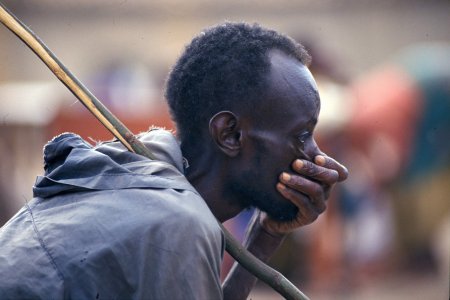 Roger Job
Speaking Out Case Studies
Roger Job
Speaking Out Case Studies
Genocide of Rwandan Tutsi 1994
04/03/2014This case study is describing the difficulties and dilemmas met by Médecins Sans Frontières (MSF) during the genocide of Rwandan Tutsis in April, May and June 1994.
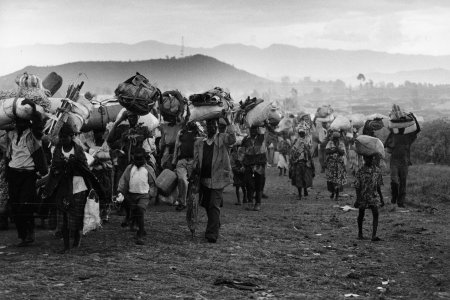 Remco Bohle
Speaking Out Case Studies
Remco Bohle
Speaking Out Case Studies
The Hunting and Killing of Rwandan Refugees in Zaire-Congo: 1996-1997
04/03/2014The ‘Hunting and killings of the Rwandan refugee in Zaire/Congo' case study is describing the constraints and dilemmas faced by Médecins Sans Frontières' teams in 1996 and 1995 when trying to bring assistance to the Rwandan refugees in Eastern Zaire.
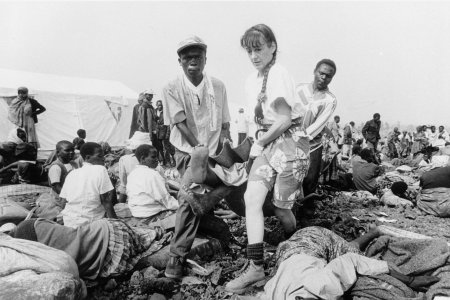 Remco Bohle
Speaking Out Case Studies
Remco Bohle
Speaking Out Case Studies
Rwandan Refugee Camps in Zaire and Tanzania 1994-1995
04/03/2014This case study is describing the constraints and dilemmas met by MSF when confronted with camps under the tight control of "refugee leaders" responsible for the genocide of the Rwandan Tutsis from April to June 1994.
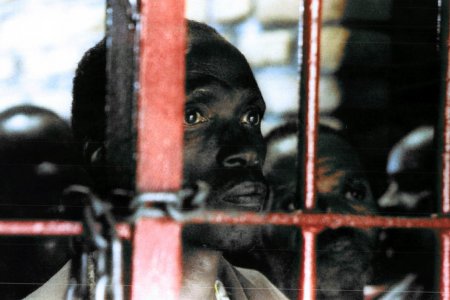 Corinne Dufka
Speaking Out Case Studies
Corinne Dufka
Speaking Out Case Studies
The violence of the new Rwandan regime 1994-1995
04/03/2014This case study is describing the difficulties and dilemmas that Médecins Sans Frontières faced in 1994 and 1995 when confronted with the abuses and crimes of the new regime that had taken over in Rwanda in July 1994.
“No patients, no problems”
02/19/2014The paper explores the security incidents affecting medical humanitarian work in Yemen and the ways MSF as well as other health practitioners try to securitize their staff, facilities, patients. This reflection was born out of the high number of security incidents affecting MSF in the past three years.
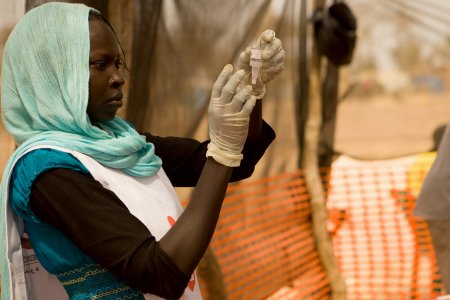 Karin Ekholm
Opinion
Karin Ekholm
Opinion
The polio eradication campaign: time to shift the goal
02/03/2014The social rejection of the polio eradication campaign in endemic countries challenges an assumption underlying the goal itself: the full compliance of an entire population to a public health programme.
